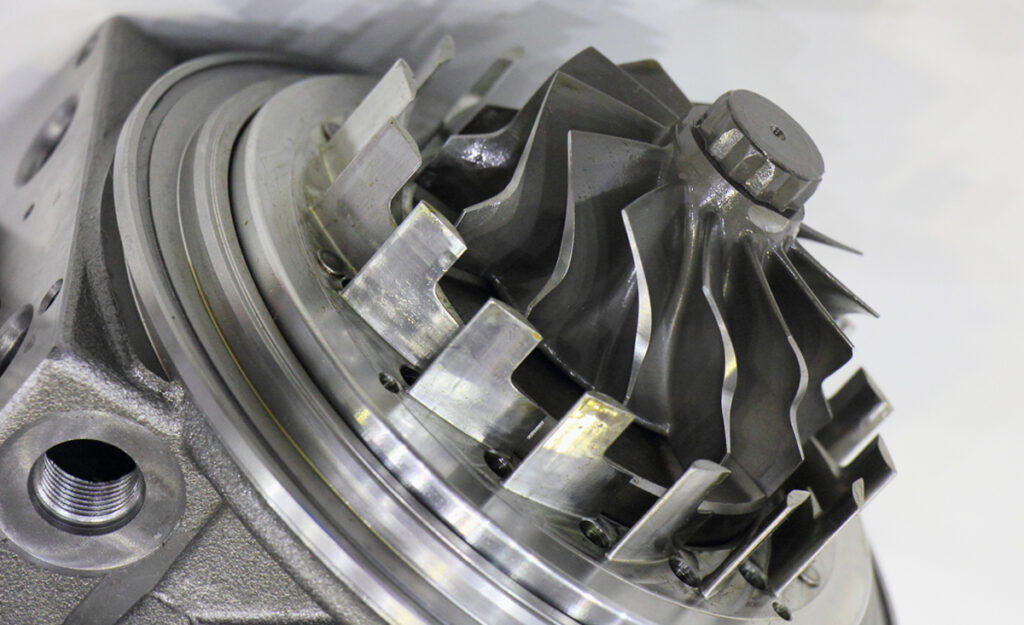
If your car periodically experiences a loss of power, emits excessive smoke, or makes a loud whining noise, it might be a sign of a failing turbocharger.
A turbocharger – commonly referred to as a turbo – can be found in many modern cars as it’s a vital tool in automakers’ toolboxes to enhance performance without compromising on efficiency or emissions.
Whether you drive a performance car, a family SUV, or a frugal diesel of any sort, chances are that it will have a turbo.
Broadly speaking, a turbo runs on exhaust gases and increases engine power by compressing the inlet air to the engine.
By increasing the air supply to the motor, combustion efficiency is increased, enhancing overall performance and fuel consumption.
There are several types of setups such as single- or twin-turbochargers, electric ones, and variable geometry units.
Fortunately, it’s not that important to know the difference between them unless you are working on it, or you’re a technophile.
What is important is to know when you might need to get someone to have a look at your car’s turbo.
According to third-party warranty provider MotorHappy, the following could be indicative of turbo issues:
| Symptom | Diagnosis |
|---|---|
| Loss of power | If your car feels sluggish and lacks acceleration, your turbo may not be functioning properly. |
| Check engine light | A malfunctioning turbo can trigger warning lights on your dashboard. |
| Loud whining noises | A failing turbo often produces a high-pitched whining or siren-like sound. |
| Boost pressure issues | Inconsistent or reduced boost pressure can indicate a failing turbo. |
| Excessive exhaust smoke | Blue or grey smoke indicates oil leakage into the combustion chamber. |
| Increased oil consumption | A turbo in poor condition can leak oil, leading to faster depletion. |
Why turbos fail

While turbos are designed to last basically as long as the engine does, they are susceptible to failing due to factors such as unnecessary wear and tear or poor maintenance.
Oil starvation or contamination is one of the most frequent reasons for turbo breakdowns.
“Turbos need engine oil for lubrication and cooling. If oil levels are low or dirty, overheating and wear increases,” said MotorHappy.
Likewise, clogged or damaged air filters hamper airflow to the turbo and forces it to work harder, which may contribute to overheating.
Poor maintenance practices, for instance, irregular oil changes, low-quality lubricants, and ignoring service intervals can also contribute to turbo wear.
Another common cause is foreign object damage, such as from small debris or dirt that enter the turbo and harm the compressor or turbine blades.
Finally, if it wasn’t properly adjusted from the factory, or perhaps if you’re an at-home tuner, the turbo may overboost or create excessive pressure which can lead to premature failure.
“If you notice any of the signs mentioned, take your car in for a check-up,” said MotorHappy.
“It will save you from costly bills and further engine damage as well as pick up on any other issues that might not always look and feel obvious.”
MotorHappy warned that the repair cost of something like a turbo can set you back well over R10,000 even if you’re driving a relatively entry-level car.








